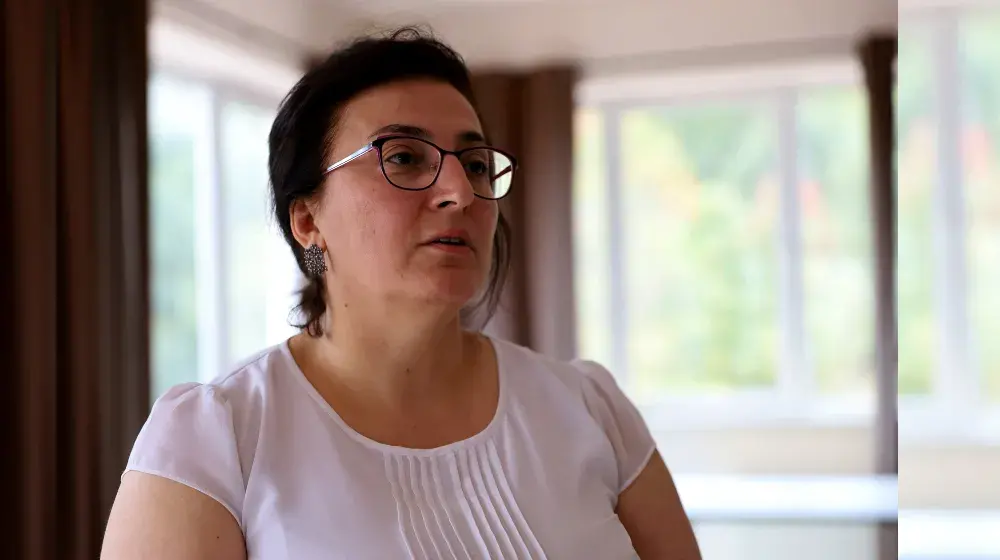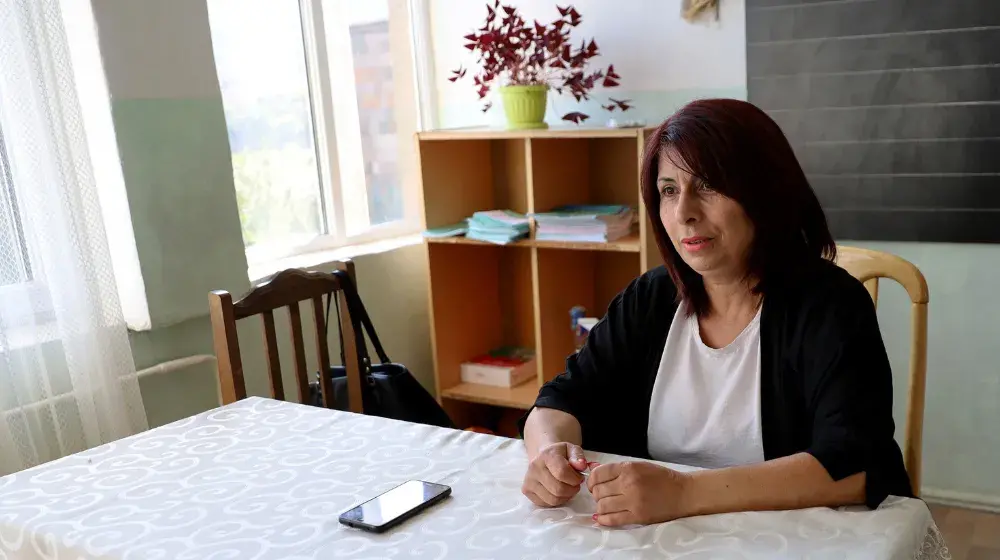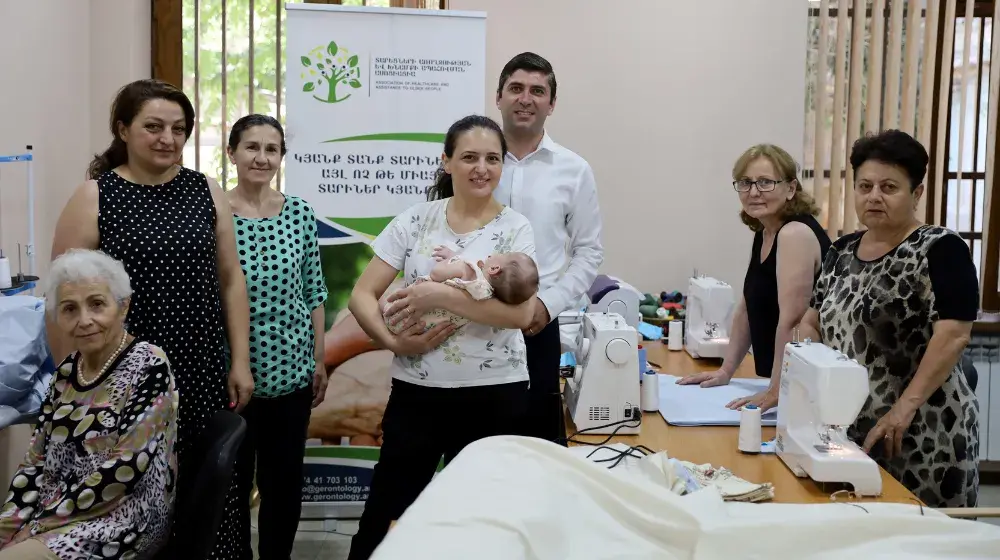UNITED NATIONS, New York, 3 February 2016 – UNFPA, the United Nations Population Fund, is seeking $107.1 million to meet the urgent needs of more than 5 million women and girls from Syria affected by the world’s largest humanitarian crisis. About $51.93 million of the sum is to keep women and girls inside Syria healthy and safe, while $55.17 million will be used to tackle the special needs of refugees in neighbouring countries.
“The women and girls of Syria require our urgent support to protect their health and safety,” said Dr. Babatunde Osotimehin, Executive Director of UNFPA, the United Nations Population Fund, ahead of the Syria Donors Conference 2016, which will take place this week in London. “UNFPA calls on donors to prioritize funding for sexual and reproductive health and the prevention of and response to gender-based violence.”
Around 13.5 million people are currently in need inside Syria, out of which 4 million are women and girls of childbearing age. Of the 1.6 million internally displaced women and girls, an estimated 360,000 are pregnant. In addition, 1.1 million women and girls are in in hard-to-reach places, with 100,000 trapped in 15 besieged locations, where access to reproductive health care and violence prevention measures is scarce or nonexistent.
Of the 4.7 million people from Syria who have taken refuge in neighbouring countries, particularly Lebanon, Jordan, Iraq, Egypt and Turkey, 1.2 million are women and girls of childbearing age, with 70,000 pregnant and 145,000 heading households.
UNFPA works to reduce maternal death and illnesses and to prevent gender-based violence inside Syria and other countries affected by the crisis. For this, it has set up 119 mobile clinics and primary health centres and hospitals that deliver a full range of reproductive health care, including safe deliveries, both in Syria and in refugee-hosting countries. As a result, for example, more than 5,000 babies have been safely delivered at a UNFPA facility in the Zaatari refugee camp in Jordan, without a single maternal death.
In addition, 5,000 women and girls access gender-based violence services in Jordan each month through 21 safe spaces established by UNFPA. These facilities offer women and girls a wide range of psychosocial support and referrals for health and specialized reproductive health and pre and post-natal services. In Syria, 22 safe spaces and 20 health facilities supported by UNFPA provide lifesaving reproductive health and clinical management of rape, so that women can heal after the violence.
“We must all do more to reduce this war’s devastating impact on women and girls,” added Dr. Osotimehin. “In a crisis, whether women live or die often depends on whether they can access basic sexual and reproductive health services. With the international community’s support, UNFPA will continue offering lifesaving services to women and young people. Even in times of conflict, women continue having babies, and we are there for them.”
UNFPA, the United Nations Population Fund, is an international development agency that is delivering a world where every pregnancy is wanted, every childbirth is safe and every young person’s potential is fulfilled.




